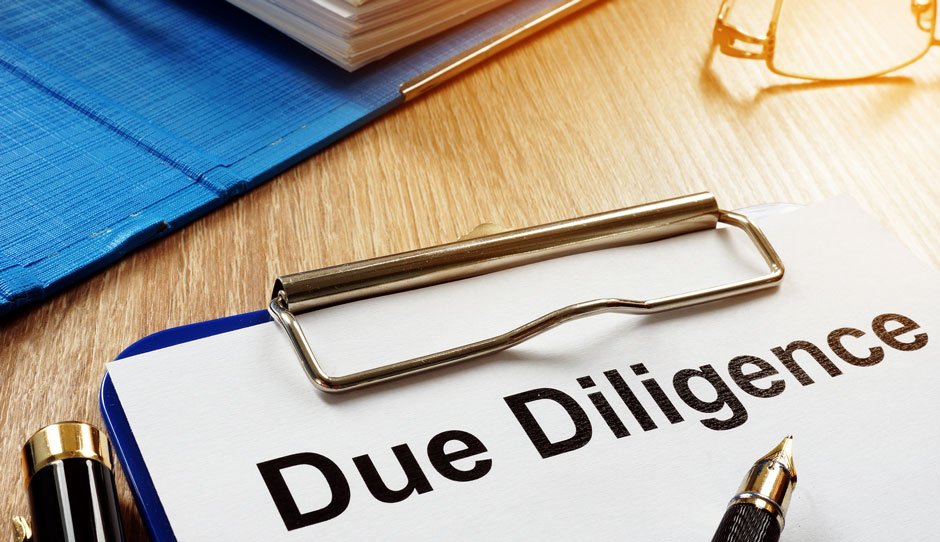Uphold the US Informs Consumers Act by conducting vendor due diligence and unveiling the merchant identity in real-time with accurate data.
US compulsory the Inform Consumers Act for all the marketplace to combat money laundering and terrorist financing. It asssits online retailers to confirm the identity of the companies before onboarding. By complying with Inform Act requirements, marketplace dealers can protect themself from hefty penalties. However, the compliance demand marketplace for vendor due diligence without that they can uphold the regulatory bodies’ obligations.
Learn how to comply with the Inform Act by vendor due diligence checklist.
Inform Consumers Act – Overview
As technology increases online retailer fraud, especially in the marketplace. Many vendors can open a seller account and sell fake products. US regulatory authority designed the Inform Consumers ACT to raise their security bar. According to this law, merchants must verify the identity of the sellers before providing them their services. It ensures the vendor is a legal product manufacturer and has no previous record of scams.
For that, online shopping malls must collect information such as government IDs, business registration numbers, taxation papers, addresses, etc. Furthermore, they have to gather the documents of the real owner of the shop which ensures the profit is going in the legitimate hand. The company also must verify these papers and report them to law enforcement organizations such as FinCEN and SEC.
Critical Points of Inform Consumers Act
To comply with the Inform Consumers Act, companies must keep these points to uphold the verification method. The non-compliance marketplaces also face hefty penalties, so remember the following points:
- All third-party sellers who are selling more than $5000 annually must submit identity verification documents. It’s the marketplace’s duty to verify these papers and validate if they are original and not counterfeit. These are the financial statement, UBO details, taxation documents, addresses, registration number, and government license.
- If a vendor sells more than $20,000, the marketplace must show their address, number or product detail on the purchasing page or mail the buyers. This information should also be shown on the history of the buyers and unveil the sellers’ activities.
- Furthermore, in the complaint case, the marketplace had to give the merchant 10 days to respond, and after that, they could ban their license.
- The act also required the marketplace to design an automated mechanism for the customers to flag suspicious sellers so they could take notice of these fake sellers or counterfeit product owners.
How Does Vendor Due Diligence Help Inform Consumers Act?
Vendor due diligence in the marketplace ensures they comply with the Inform Consumers Act. In this, they collect the information to verify the vendors’ identity. To ensure the merchant and owners are legal, the marketplace should uphold the following steps:
Data Collection
The marketplace should collect information from vendors to verify their identity. They must verify the business license, taxation number, financial statements, and company addresses. It gives the marketplace the upper hand to confirm whether the product the company is selling is original. Moreover, the data assist them in creating the vendor profile.
Vendor Verification
After collecting the data, marketplaces can verify these data through document checks for fraud detection and prevention. This is done by document verification by attesting security features such as fonts, borders, signatures, etc., depending on the papers. To check written information on the records, marketplaces can ensure it by cross-referencing these from the original papers. It ensures the submitted records about the vendors are not counterfeit or duplicates.
Owners Screening
Marketplaces must screen the vendor products and owner of the company. This helps them in compliance with the AML/CFT regulations including the Inform Consumers Act. It also assists the marketplace in expanding its business worldwide by complying with international regulations. For screening the e-commerce store marketplace, cross-check its profile against the watchlist sanctions lists such as AML, SIEs, CFT, FATF, PEPs, or other financial crimes.
Vendor Due Diligence
For due diligence, it is the marketplace’s duty to conduct the perpetual KYB, which helps in constant monitoring and instant alerts about suspicious transactions. These ensure the market if there are no changes in the company structure. Furthermore, provide a centralized report about the company to show the transparency of the company to customers.
The Bottom Line
Overall, vendor due diligence is the perfect technique for the marketplaces to comply with the Inform Act. It depends on the online retailers if they have to conduct business checks or face a $50,000 fine from the law enforcement agency. The merchant onboarding and due diligence also ensures companies conduct clear business by protecting them from money laundering and terrorist financing international fraud.








